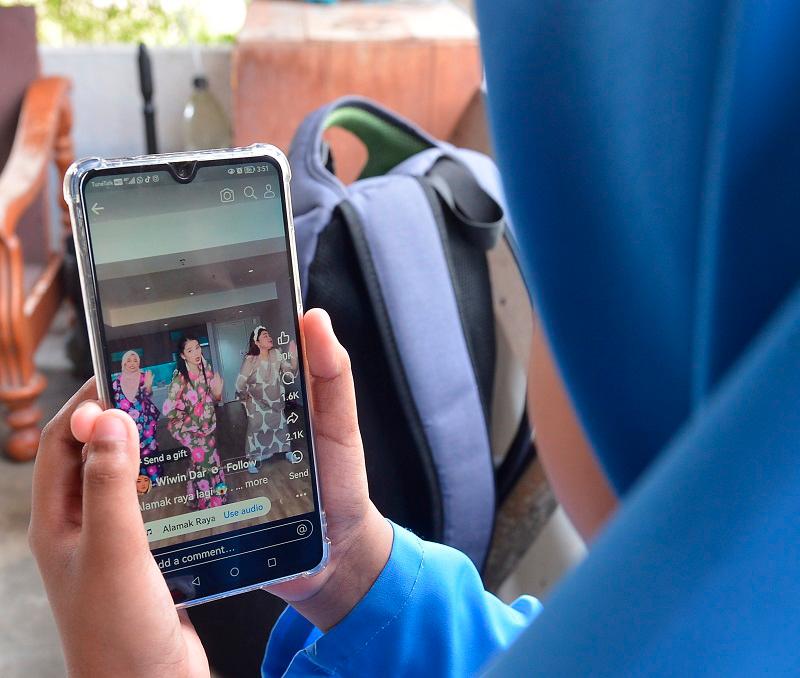ADVANCING technology, such as smartphones and gadgets, offers significant benefits to education, making it easier to access information quickly through tools like Google, compared with traditional methods like library card catalogues.
However, like most new technologies, gadgets can also create problems if not properly managed in schools. Fortunately, Malaysia’s Education Ministry has re-endorsed the 2018 policy that bans or restricts the use of smartphones and gadgets in classrooms, providing relief to stakeholders.
Handphones and gadgets have become a global concern in today’s classrooms, sparking lively debates among parents, educators and government officials. As a result, various regulatory practices have emerged, with many deeming the ban of these devices necessary.
Secretary-general of Malaysia’s National Union of the Teaching Profession Fouzi Singon agrees that the risks of compromising students’ education outweigh the benefits of using gadgets.
“Even with the ban in place, we still have incidents of misuse – filming of bullying incidents and other inappropriate cases.”
He went on to say that currently, only select schools are allowed to use tablets in classrooms, and only for specific subjects.
Also supporting the ban is president of the Malaysian Cyber Consumer Association Siraj Jalil, who stated that allowing handphones in schools would foster an unhealthy culture of cyberbullying and the filming of inappropriate videos. This, he argues, would undermine the primary purpose of education and create additional challenges for students and teachers.
The primary aim of such regulations is to protect students’ well-being and ensure a distraction-free learning environment.
With the rise of online harassment and verbal abuse on social media, even Olympic gold medalists are targeted. These harmful influences not only disrupt students’ concentration but also hinder their ability to engage effectively with their academic work and peers.
Form Six student Farihatul Ilikma Ibrahim confirmed that the ban promotes face-to-face communication and improves social skills.
Additionally, it reduces the likelihood of cheating during exams. In emergencies, students can use school phones or seek help from a teacher, according to officials.
Educators and counsellors recommend reducing screen time for students by encouraging outdoor activities, sports and family outings.
Additionally, Unesco’s “Put Learners First” programme advocates for a global ban on cellphones in classrooms. Unesco’s recommendation for a global ban on cellphones in classrooms is based on its analysis of global education systems, which found that one in four countries have already implemented such bans.
Research indicates that these bans have helped reduce classroom disruption, improve learning quality and protect from cyberbullying.









